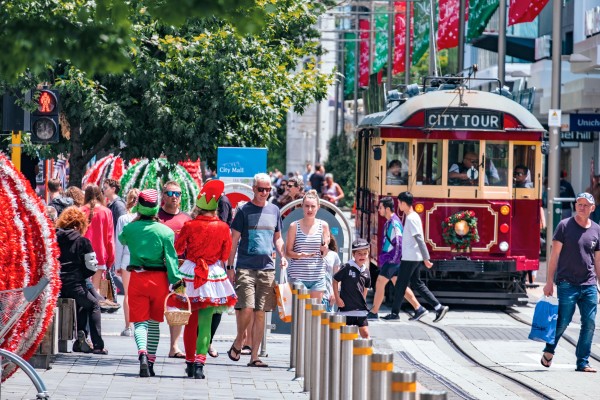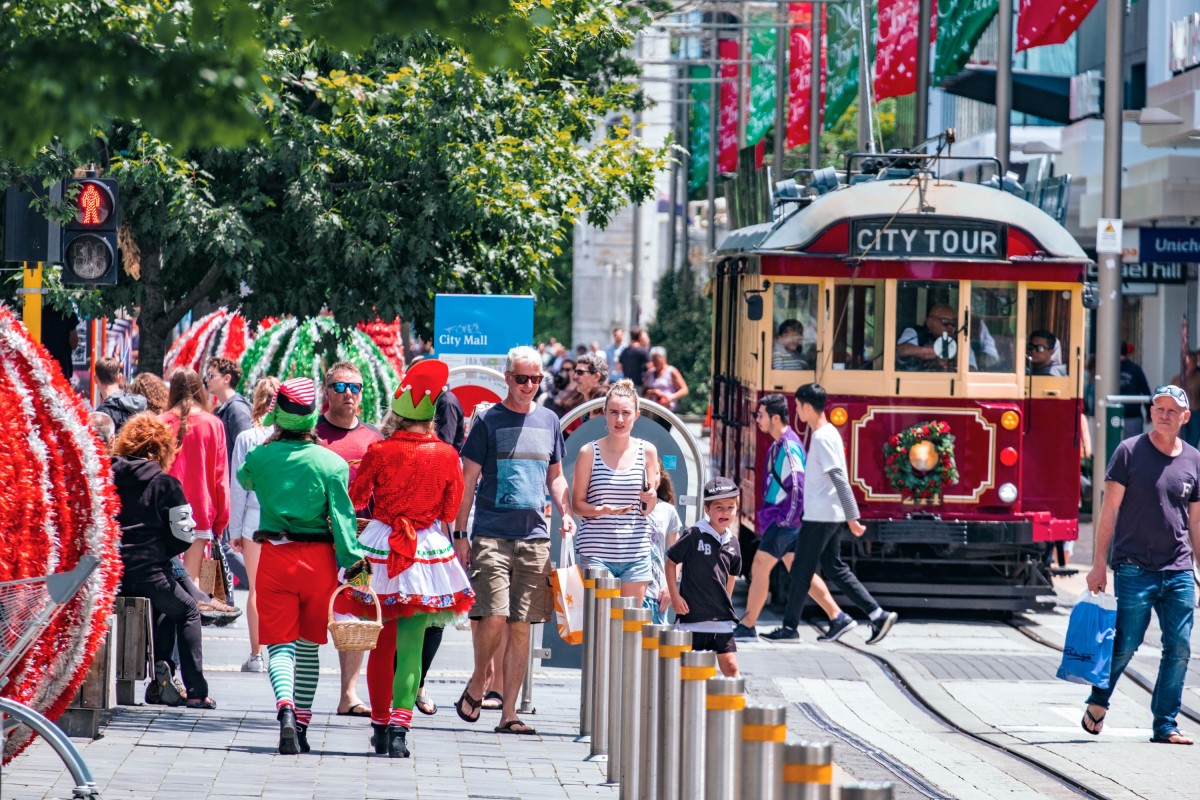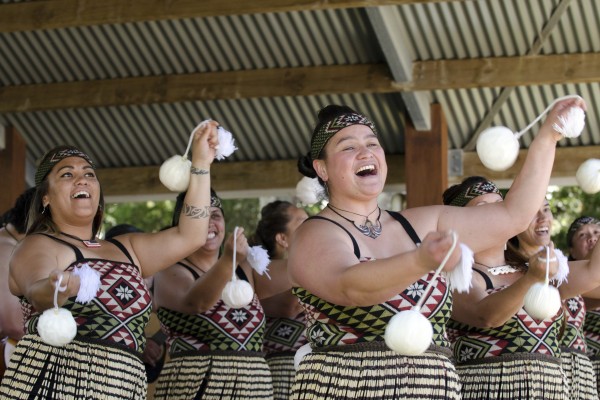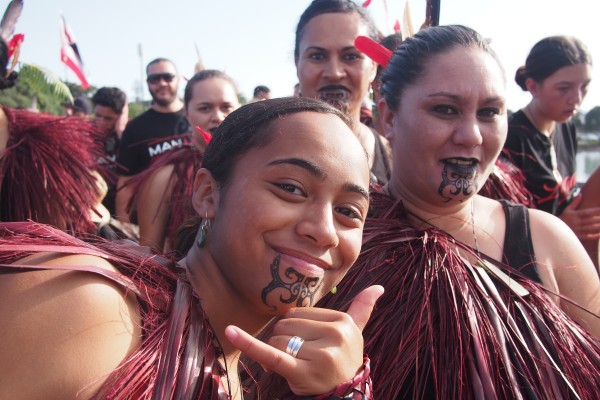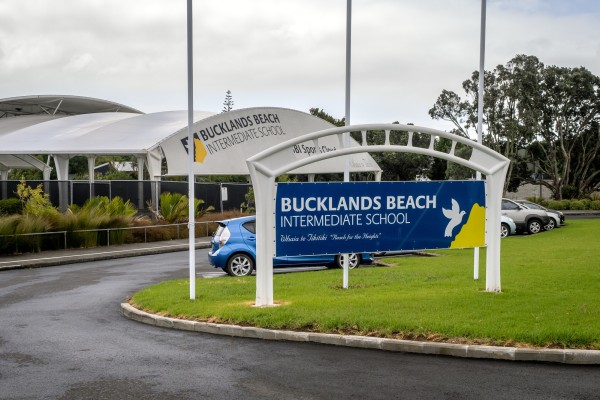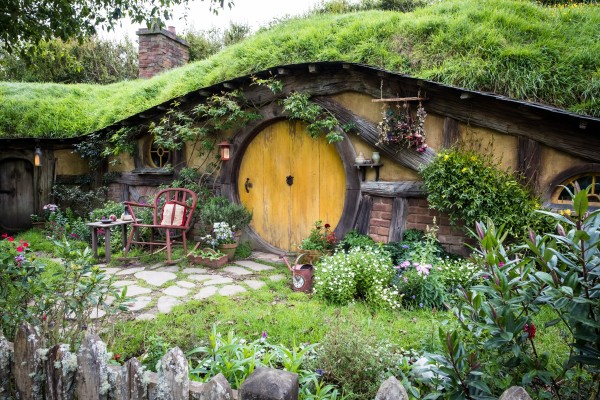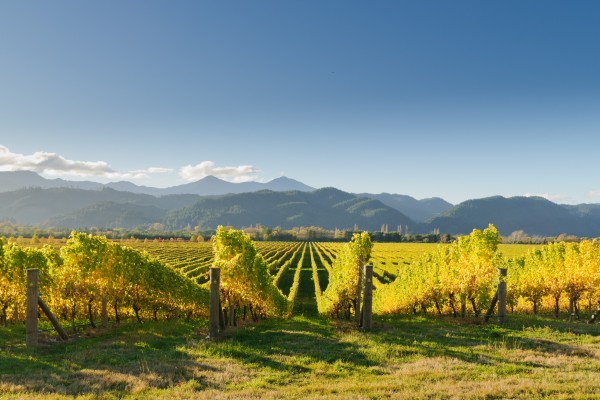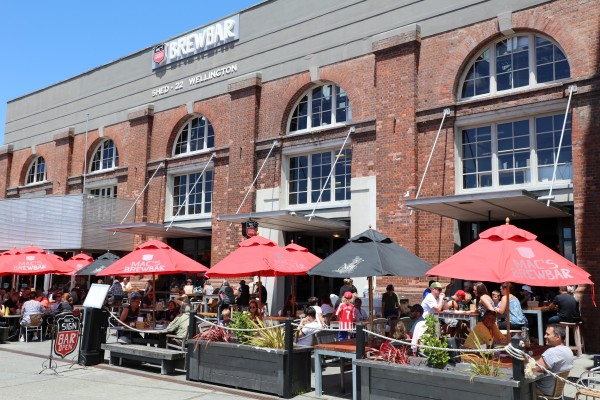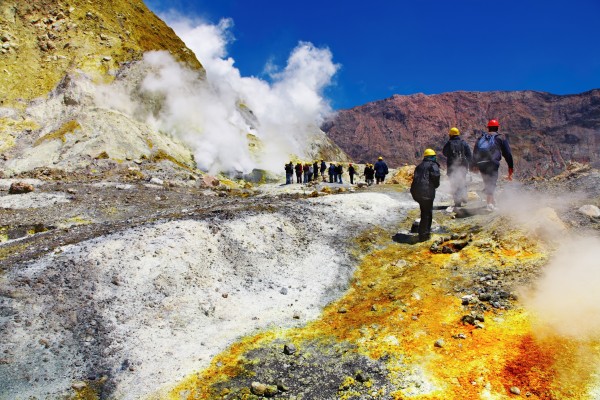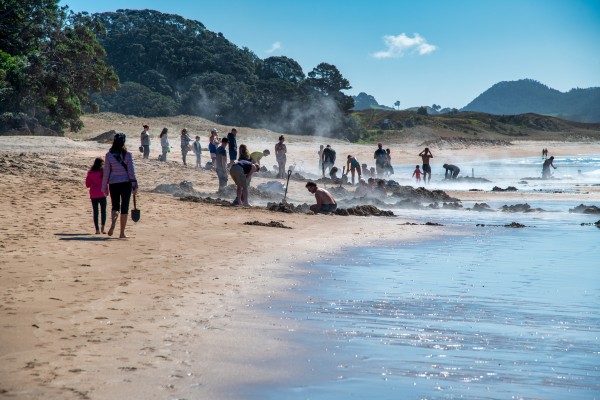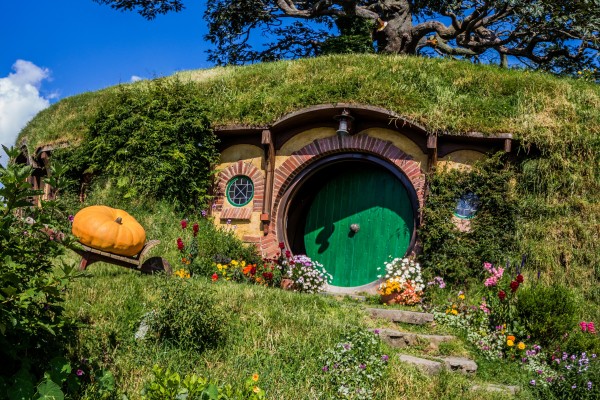Celebrating Easter in New Zealand

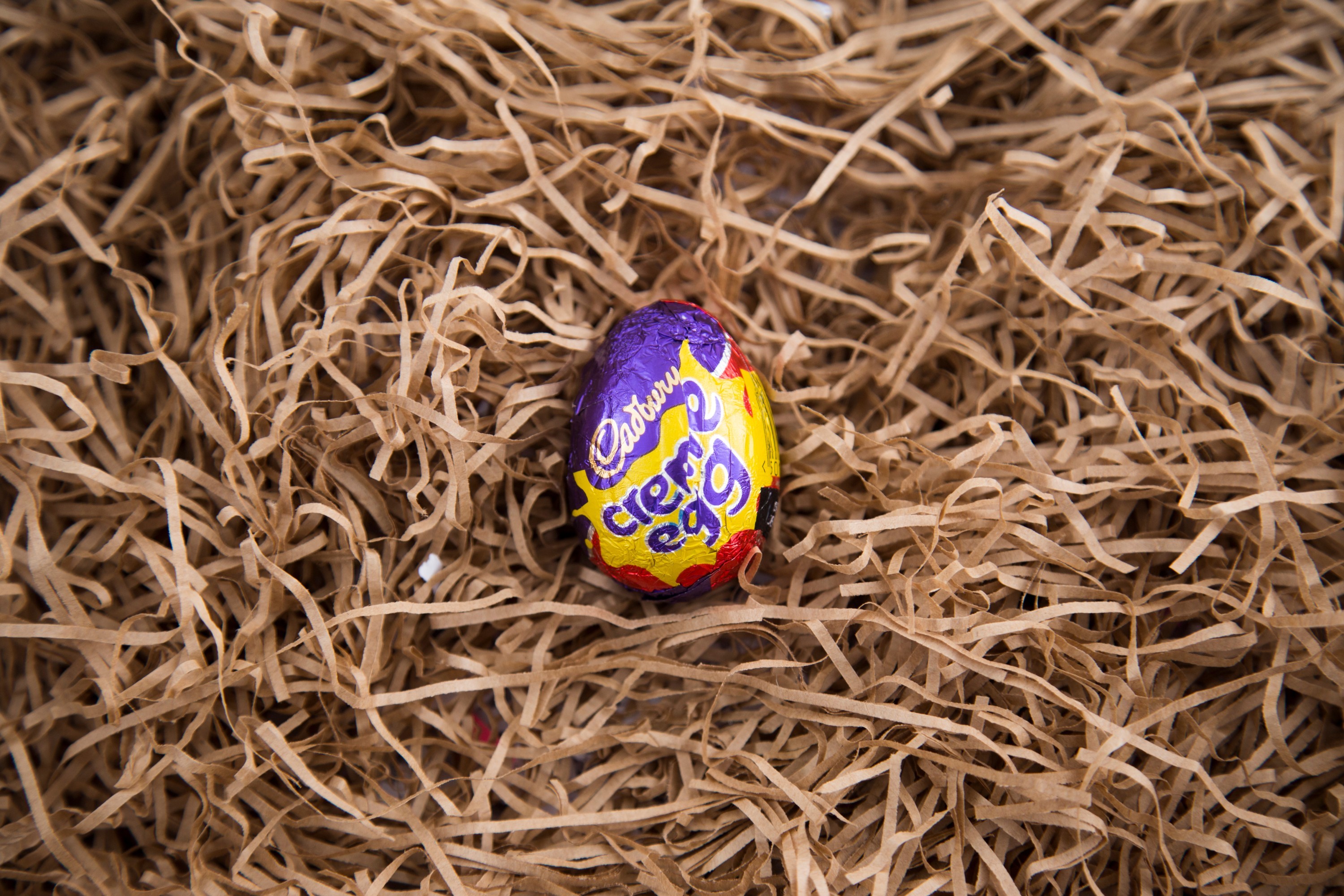
Understanding the cultural customs and traditions of a new country can help you get settled in and means you know what to expect during religious or public holidays. If you're moving to New Zealand or just interested in understanding how Easter is celebrated in New Zealand, our guide can help.
Is Easter celebrated in New Zealand?
Yes, Easter in New Zealand is celebrated with a mix of traditional Christian customs and secular activities.
Every household is different, and while there is a religious aspect for some, many Kiwis simply enjoy a long weekend, the giving of chocolate gifts, and time spent with their families.
Is religion an important part of holidays in New Zealand?
Like Christmas, Easter is considered a religious holiday in New Zealand. However, as New Zealand is a relatively secular country, religion isn’t considered an important part of the holiday for many.
Over recent decades, there has been a significant decline in religious affiliation in New Zealand. During the 2018 Census, around 48.2% of New Zealanders identified themselves as having "no religion," while Christianity is the largest religion, with 37% of Kiwis identifying it as their religious affiliation.
Despite this decline, Christianity’s influence is still evident in many aspects of New Zealand life, and Easter is a good example. Churches hold special services on Good Friday and Easter Sunday, including sunrise services, processions, and hymn singing.
New Zealand also has a large Pacific island population, many of whom are devout Christians. During Easter, some churches will run Easter services for a wide range of denominations so that everyone can celebrate in accordance with their faith.
It’s worth noting that New Zealand has seen an increase in religious diversity over the past few decades, thanks to increased immigration. Faiths such as Hinduism, Islam, Buddhism, and Sikhism are growing, with Hinduism now the second-largest religion after Christianity.
How do Kiwis celebrate Easter?
Whether you are Christian, Hindu or not-religious at all, most New Zealanders take time over the Easter break to spend time with their family. In Aotearoa, both Good Friday and Easter Monday are public holidays.
Because New Zealand is located in the southern hemisphere, Easter marks the start of Autumn rather than Spring. For many families, this four-day weekend is a chance to take advantage of the last of the warm weather.
The start of Easter also often coincides with the Term 1 school holidays. Many people go away to holiday homes or get together with friends and family over the break. They might try to take advantage of barbecues, hiking and outdoor activities while the weather is still warm enough to do so.
What do people eat during Easter in New Zealand?
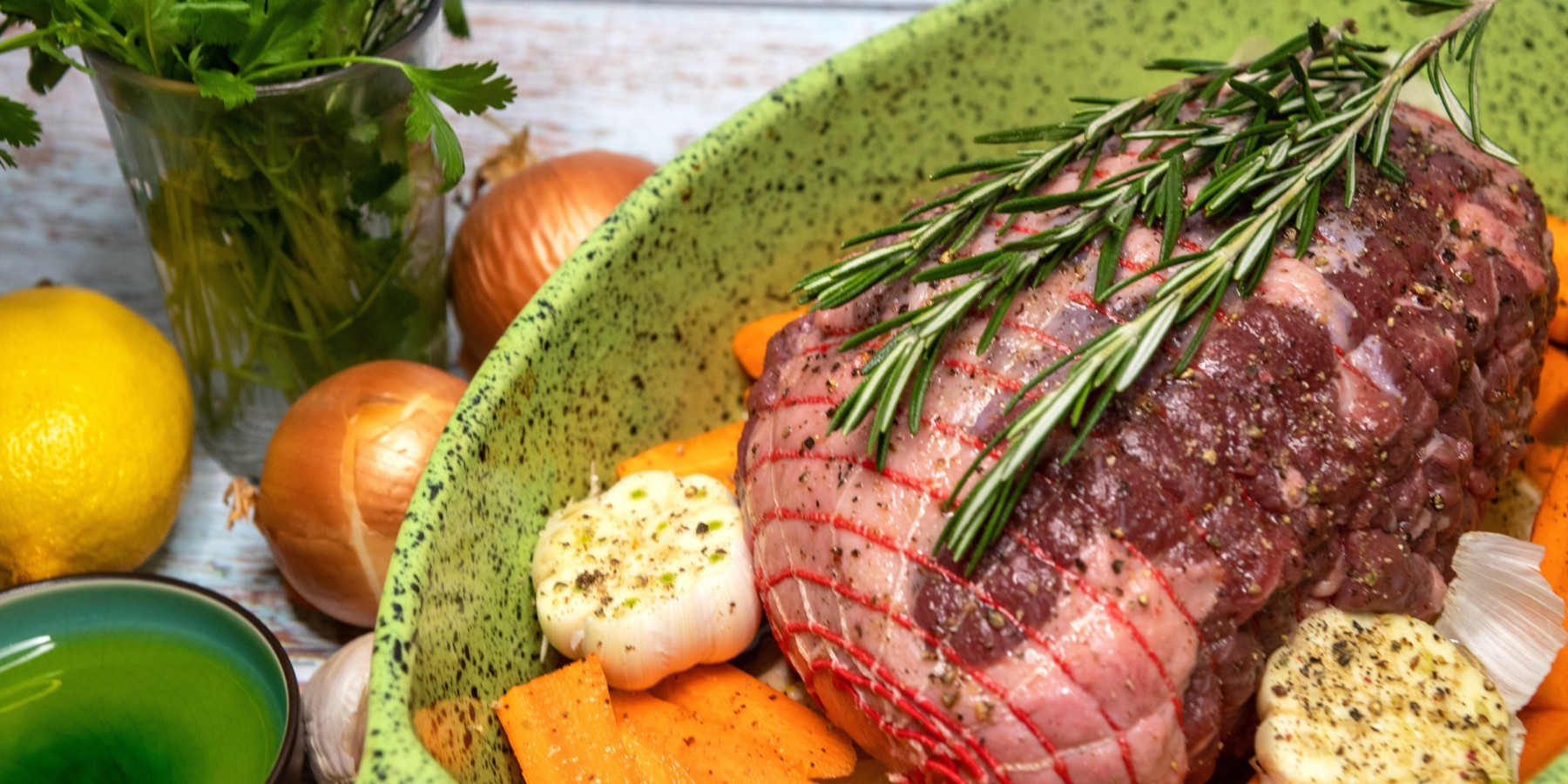
Easter is a popular time for eating seasonal or Easter-themed foods.
Chocolate Easter Eggs
During Easter, it is customary to give family members chocolate hollow easter eggs or chocolate bunnies to mark the occassion. You’ll find chocolate Easter Eggs on sale in shops and stores around New Zealand from as early as January. Regardless of religion, it’s common for many families to gift each other an easter egg on Good Friday.
Hot Cross Buns
Hot cross buns are another popular food eaten in the lead-up to Easter. You’ll find these in supermarkets, bakeries and cafes around the country. Hot cross buns are spiced buns that usually contain raisins, cinnamon, allspice and cardamon. Chocolate versions are also available (and often preferred by children).
The top of the bun is marked with a cross as a symbol of their religious affiliation. While the tradition is to eat these on Good Friday, many people enjoy hot cross buns in the leadup to Easter and look forward to their arrival in the grocery store!
Roast lamb
A roast lamb is a classic Kiwi meal that is quite popular to make during Easter. Over the four-day break, many families will get together to share a roast with all the trimmings, including roast potatoes, carrots and other vegetables. A roast is an ideal meal to share as Easter marks the beginning of Autumn, and the weather is generally cooler.
Do people give gifts to one another during Easter?
Beyond giving chocolate easter eggs to the family, it’s not a tradition for people to give each other during Easter. While you will find that a lot of stores are promoting Easter-themed products or have sales during this time, the holiday isn’t very commercialised and is much more about enjoying time off together.
How to celebrate Easter in New Zealand
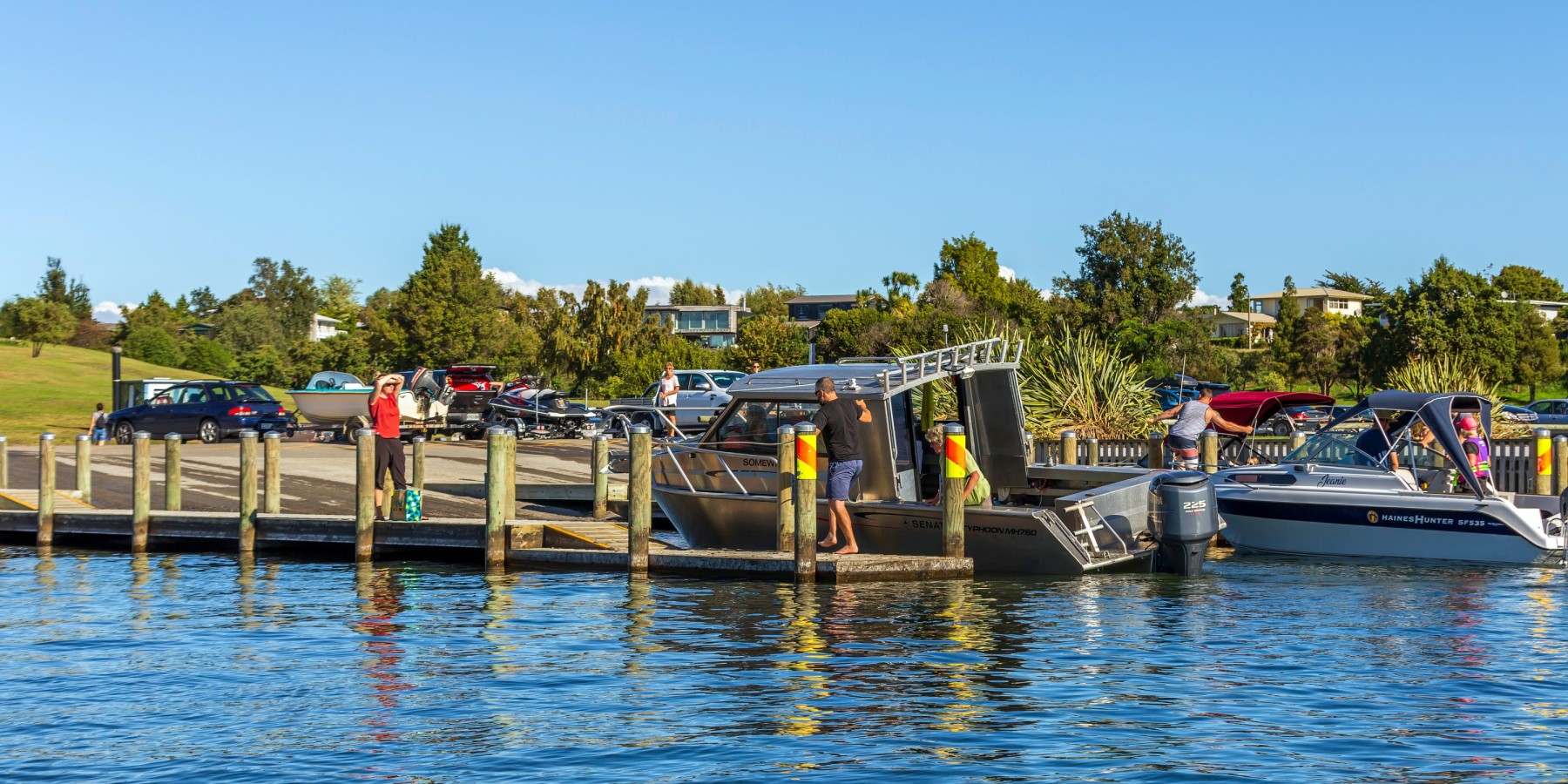
If you’re new to New Zealand, you can celebrate Easter by getting involved in some of these activities:
Family Time
Enjoy the long weekend by planning some time away with your family. Most people get to have four days of work, and it’s a great opportunity to get outdoors for a picnic, barbecue, or outdoor fun. Make sure you plan ahead of time so that if you’re going camping, you don’t miss out on booking a spot!
Hot Cross Buns
These spiced buns, marked with a cross, are a traditional Easter treat in New Zealand. They’re typically sold in supermarkets and bakeries during February and March.
Community Events
Some towns and cities host Easter fairs, markets, or parades. In rural areas, Easter-themed events often include egg-and-spoon races or community picnics as well as agricultural days, carnivals or rodeos.
Enjoy Autumn
Since Easter falls in autumn in New Zealand, it’s often associated with crisp weather rather than Spring. People might take the chance to enjoy the outdoors before winter sets in.
Snag a Bargain
While Easter isn’t as commercialised as Christmas, you can still enjoy snagging a bargain during the holiday. Leading up to Easter, many shops have sales and it can be a good opportunity to buy clothes or equipment ahead of winter.
What are the rules about opening hours over Easter in New Zealand?
As Easter is a religious holiday, there are rules about trading during this time. Easter trading rules are governed by the Shop Trading Hours Act 1990, which places restrictions on which stores can trade during Good Friday and Easter Sunday. Here's a breakdown of the rules, the types of stores that can open, and what staff are entitled to:
Trading Rules
Good Friday and Easter Sunday are designated as restricted trading days. Most shops must close on these days unless they meet certain exemptions. Easter Saturday and Easter Monday have no trading restrictions, and shops can operate as usual.
Exemptions for Shops
Some shops are allowed to open on Good Friday and Easter Sunday, including:
-
Dairies (small convenience stores): For essential goods such as milk, bread, and other daily necessities.
-
Petrol Stations: For fuel and associated goods.
-
Pharmacies: For dispensing prescriptions and essential medical supplies.
-
Hospital and Airport Shops: These serve travelers and patients.
-
Garden Centers: Allowed to open on Easter Sunday but not Good Friday.
-
Tourist-Oriented Businesses: Shops in areas heavily reliant on tourism can apply for exemptions, such as souvenir stores.
-
Local councils can also grant exemptions to shops in specific areas through their own bylaws, particularly for tourist-heavy regions.
Staff Entitlements
If you are an employee working on Good Friday or Easter Sunday you are entitled to specific protections:
Right to Refuse Work: You have the legal right to refuse to work on Easter Sunday and you don’t have to provide a reason. Your employer cannot penalise you for not working.
Holiday Pay: If you work on Good Friday or Easter Monday, you are entitled to time-and-a-half pay and an alternative day off (also known as a day in lieu) because these are public holidays.
Employment Agreements: Your employer must adhere to the terms of your contract regarding holiday pay and work on public holidays.
Enforcement and Penalties
Businesses that open illegally on restricted trading days can face fines of up to $1,000. Local councils oversee exemptions and can provide guidance to businesses unsure about their eligibility to open.
What date is Easter 2025?
In 2025, Easter Sunday falls on April 20.
In New Zealand, many people take advantage of the public holidays from Friday, 18 April to Monday, 21 April. If you’re not heading away on holiday, Easter can be a good time to do other things like declutter or even move house. Need help finding a mover over the holidays? Wise Move makes it easy to find affordable movers, even over the Easter holidays. Book your move today.
What do our customers say?

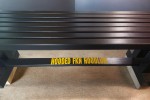



For every (wise)move







